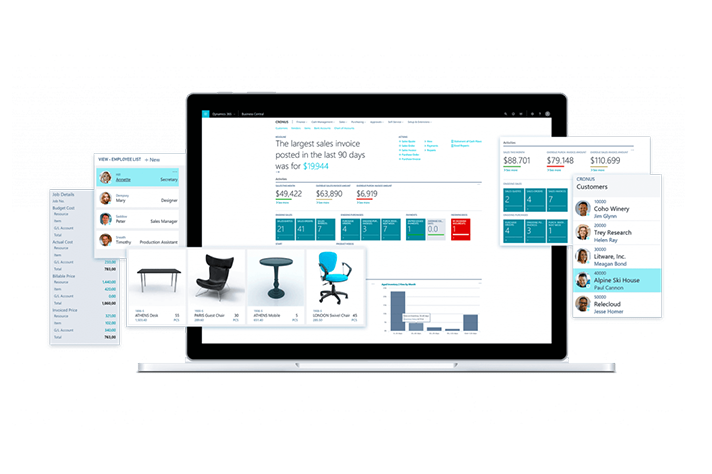

Otherwise, you are subject to full user pricing. You must, however, be up to date with your enhancement to get this deal. Currently, for clients who are up-to-date with their ERP annual enhancement, Microsoft is offering 40% off of user licensing.

Microsoft doesn’t have any type of discount for clients that are migrating to the cloud. You can actually deploy both types of instances, simultaneously. You have the option to deploy the server software, either in Microsoft’s cloud, a private on-premise, or partner-hosted cloud. However, you can mix Teams and Essentials, or Teams and Premium, just not Essentials and Premium at the same time. You can not use both Essentials and Premium licenses at the same time. You can mix Essentials and Premium licenses within the same instance. Separating Fact From Fiction With D365BC Licenses These individuals may be heavier users of the system, but they may not require full user capabilities like Premium or Essentials users do. These users often represent a significant percentage of D365BC users overall.

Then you have your Additional or Team Member users, which are users who complete those lighter tasks, such as time or expense entry, and HR record updates. Premium licenses have all of the same capabilities as Essentials, with the addition of manufacturing and service order management functionalities. Those areas could be finance, customer relationship management, HR, supply chain management, or warehouse management and inventory.

The Essentials D365BC license is for companies that require sophisticated processes, yet simple enough to be managed within one solution across different areas within their company. Essentials and Premium licenses include the full users, and then there are the Additional or Team Member users. There are actually three different types of licensing, two of which are full users. Let’s do a quick rundown of the licenses structure and pricing for Microsoft Dynamics 365 Business Central (D365BC), Microsoft’s Cloud ERP.


 0 kommentar(er)
0 kommentar(er)
